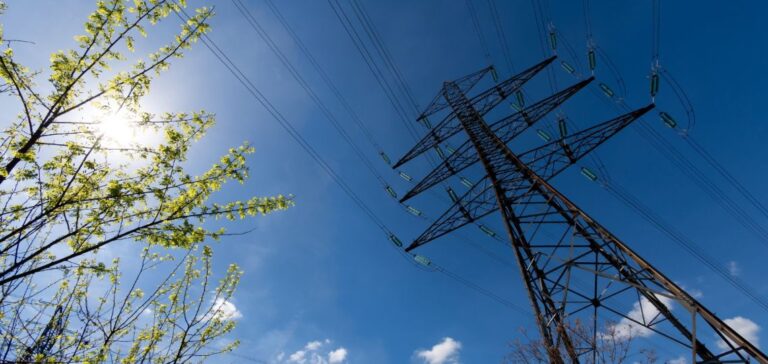The French electricity market is undergoing a significant evolution with the implementation of a 15% reduction in regulated tariffs. This measure, applied from March for EDF’s monthly billing customers, comes after two years of significant increases.
Market Context and Tariff Revision
The reduction mainly affects subscribers to EDF’s “tarif bleu,” representing approximately 20.4 million households, with an additional 4 million subscribers indexed to this tariff. For the 10 million subscribers on market offers, the competitiveness of the offers will depend on suppliers’ decisions to pass on the increases in taxes and transmission fees, despite the already observed impacts on wholesale markets.
The context falls within a period of correction following an average increase of 44% between February 2022 and February 2024, despite the tariff shield implemented during the energy crisis.
Breakdown of the Electricity Bill
The electricity bill is divided into three essential components: the energy cost, government taxes, and transmission fees. The drop in wholesale market prices has partially offset the increases observed in the latter two categories. In fact, transmission fees have risen by 12.9% while taxes have increased by about 50% compared to previous levels, marking the end of the tariff shield.
The applied reduction varies according to the type of tariff. Under the “Base” tariff, the reduction is 14.5%, whereas subscribers benefiting from the peak/off-peak system receive a 16% reduction, resulting in significant annual savings, particularly for medium-sized households.
Differentiated Impacts on Subscribers
The disparities in the application of this reduction are also evident for subscribers to the Tempo option, whose discount is limited to 2%. This mechanism, which offers reduced rates in exchange for consumption modulation on certain days, illustrates the complexity of the tariff policy in a sector subject to rapid changes in electricity prices. The Energy Regulation Commission (CRE, Energy Regulation Commission) anticipates that despite a reduction in the advantage for market offers, they will remain competitive compared to the regulated tariff.
The evolution of these tariffs comes amid volatility in wholesale markets and significant regulatory adjustments, directly impacting households and energy sector stakeholders in France.






















